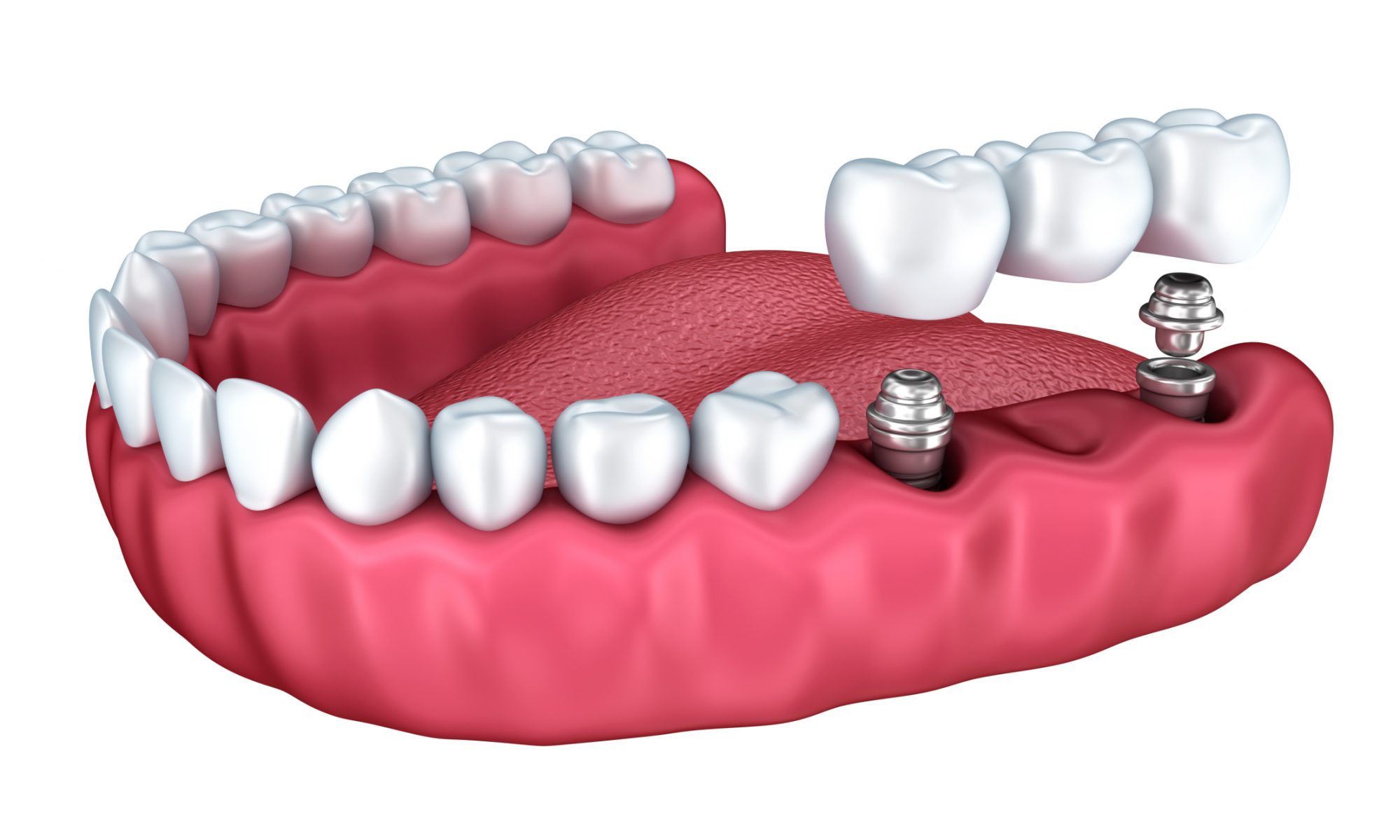Cavities, those tiny troublemakers that wreak havoc in our mouths, are a common dental woe that can turn a sweet tooth sour. These pesky holes in our teeth are caused by a combination of factors, making them a prevalent concern for people of all ages. However, armed with knowledge and a proactive approach, you can keep these dental demons at bay.
At the heart of cavity formation lies a dynamic interplay of bacteria, sugars, and the protective enamel covering our teeth. When we consume sugary or starchy foods, the bacteria in our mouths feast on these remnants, producing acids that erode the enamel. Over time, this process weakens the enamel, creating openings for cavities to form.
Prevention is the first line of defense against cavities. Regular dental check-ups and cleanings are crucial to catch potential cavities in their infancy. Dentists can identify problem areas, provide professional cleanings, and offer personalized advice on maintaining optimal oral health. Establishing a robust oral hygiene routine at home, including brushing twice daily with fluoride toothpaste and flossing, is essential in keeping those enamel-destroying bacteria at bay.
Diet plays a pivotal role in cavity prevention. Minimizing the intake of sugary snacks and beverages can significantly reduce the risk of cavity formation. Opt for a balanced diet rich in fruits, vegetables, and dairy products that contribute to overall oral health. Chewing sugar-free gum can also stimulate saliva production, aiding in the natural remineralization of enamel.
Fluoride, often referred to as nature’s cavity fighter, is a powerful ally in the battle against cavities. It strengthens enamel and can even reverse early-stage cavities. Many toothpaste brands and public water supplies contain fluoride, providing a convenient and effective way to incorporate this mineral into your oral care routine.
In conclusion, understanding the dynamics of cavity formation empowers individuals to take proactive steps in maintaining optimal oral health. Through regular dental check-ups, a diligent oral hygiene routine, a cavity-conscious diet, and the power of fluoride, you can stand strong against these dental demons and enjoy a cavity-free smile for years to come.
For more information about caring for your veneers, call Dr. Sciabica in Issaquah, WA at 425-392-3900 or visit www.issaquahdentists.com.
Dr. Frank S. Sciabica proudly serves patients from Issaquah and all surrounding areas.



